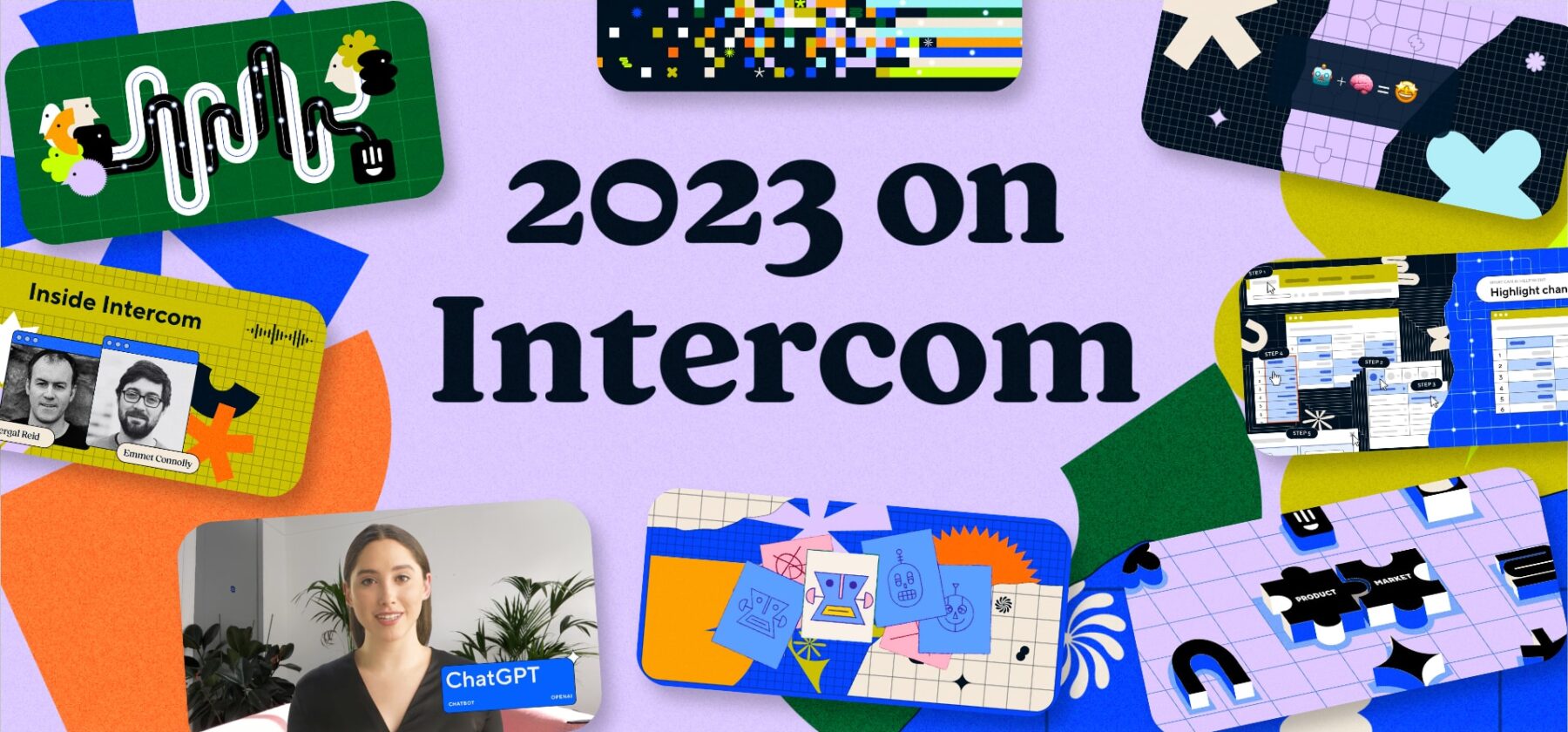
52 weeks that changed everything: 2023 on the Intercom Blog
Tech revolutions can sometimes be hard to notice at the very beginning, but the arrival of ChatGPT and generative AI over the past 12 months was not so much a tremor as an earthquake, transforming tech and reshaping entire industries.
It’s fair to say 2023 was not a mere “turning point” or one of those all-too-common “paradigm shifts” – no, 2023 was one “WTF just happened” moment after another.
And Intercom has been right at the forefront of the revolution. The potential for generative AI to revolutionize customer service was obvious from the moment we first had a conversation with ChatGPT, and our AI and Product teams sprung into action. In the first few months of the year we released a range of AI features to help customer support teams in the Intercom inbox, and in March we unveiled our AI chatbot Fin, which has already responded to over 2 million customer requests.
We’ve had the incredible opportunity to tell this remarkable story here on the Intercom Blog and on our podcast – over the past 12 months, we’ve published dozens of pieces exploring how AI will change customer service, diving into the new opportunities it presents for customer service teams, unpacking the implications of AI for product strategy and product design, as well as discussing some of the broader consequences for society.
Here, the Intercom Content team selects their favorite pieces from 2023. As always, thanks for reading, listening, and watching all year, we hope you’ve found our material valuable and enjoyable. We can’t wait for what 2024 has to offer – we have some big plans in store, and believe us when we say it’s going to be a lot of fun.
Zara Burke, Principal Editor
Bots 🤖 and brains 🧠: The winning combination for customer service 🤩

“The chatbots are coming…and it’s not a bad thing.” The message behind this blog post and video comes at the perfect time for support reps who may be feeling a little apprehensive about what their future roles will look like.
Yes, AI is coming to take away the boring, repetitive tasks that support reps didn’t want to do anyway. Instead, it’s opening up new opportunities for talented reps to do what they do best – use their creativity and empathy to solve tricky problems and delight customers.
Like peanut butter and jelly, bots and brains are the perfect duo, elevating each other in all of the right ways (delicious 🥪).
Navigating product-market fit: An inside look at Intercom’s new ‘PMF Panel’

With the explosion of ChatGPT and in the midst of a shaky economic climate, this year everything changed in tech. In order for businesses to survive and thrive, it’s more important than ever to find product-market fit (PMF).
Even well-established companies have to keep fighting for PMF over and over as circumstances change – as they move upmarket, as technologies evolve, as customer preferences change, and so on. This blog post dives into the new approach we devised at Intercom to re-identify our PMF. If you’re in the B2B SaaS space and striving to find your product-market fit, this repeatable, flexible approach may provide the inspiration you need.
Niamh O’Connor, Senior Brand Editor
Two AI chatbots walk into a bar: TV writer Joe Toplyn on teaching chatbots to crack jokes
At Intercom, we’ve talked a lot this year about the ways AI and humans can work together by maximizing each other’s strengths and compensating for each other’s weaknesses. Humans are empathetic problem-solvers, while AI can save time by dealing with the more repetitive, time-consuming stuff.
So, naturally, I had assigned humor and comedy to the human-only domain. That’s why I found this chat with Joe Toplyn, former comedic writer on several late night talk shows and Lead Humor Engineer at Witscript, so fascinating. Aside from sporting the best job title I’ve ever seen, Joe is helping develop a hybrid AI system for generating jokes from algorithms he provides.
As humans, humor is a big part of how we relate to each other and build rapport – and there’s evidence that the more human a chatbot seems, the more likely customers will be to trust it. So, after years of writing jokes for talk show hosts, Joe is now reverse-engineering the process in an attempt to produce AI comedy gold – and it seems to be working!
A whole new world: The exciting new roles AI is creating in customer support
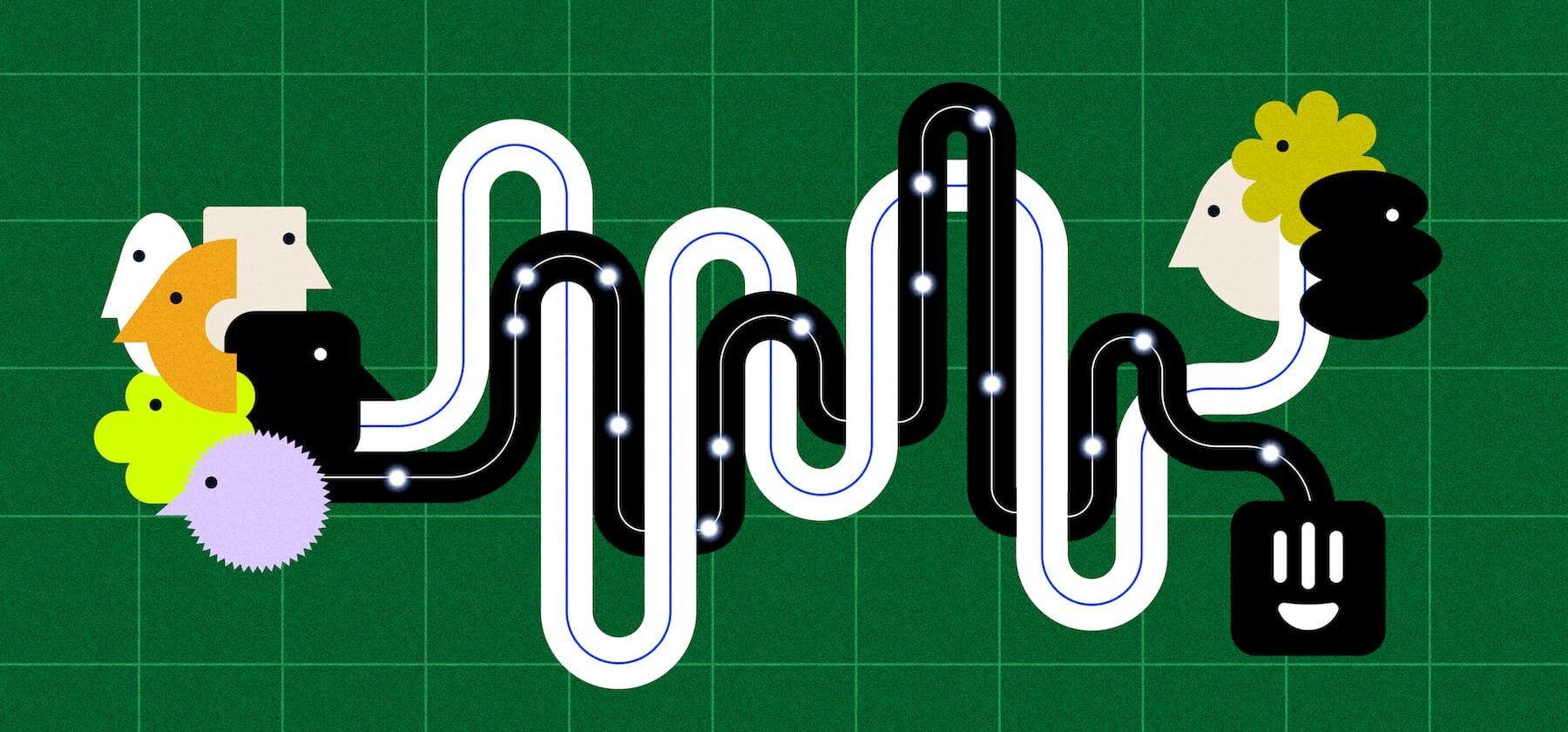
The question of the year has been “Will AI take my job?”. This post from our VP of Customer Support, Declan Ivory, not only offers a firm “no” to that question, but explores the many exciting opportunities that AI will open up for support teams. As AI takes its place within support teams around the world, it’s changing the way people work – and making customer service a more interesting, rewarding career path.
Declan talks through five new kinds of support roles that AI is making possible, from a conversation designer (we welcomed our first conversation designer to Intercom this year!), to knowledge manager, to support design strategist. For teams that aren’t quite ready, or that don’t have the resources for new hires, Declan explores lots of ways they can start embracing an AI-human partnership, and building increasingly important skill sets within their current team.
The top takeaway? Be excited about AI!
Liam Geraghty, Audio Content Producer
Response Time

If you’ve never worked in customer service, it’s easy to have a lot of misconceptions about what the work involves – answering customer queries as efficiently as possible, rinse, repeat. But there’s so much more to the role than that – like any job, there can be such variety in the work.
There’s no better way to get a sense of a job involves than actually hearing from the people doing it, and that’s what our Response Time series has been doing all year – customer service leaders and teammates have been answering our whimsical questions such as “What’s the most valuable thing that working in customer service has taught you?”, “What’s the strangest thing a customer has asked you?”, and “Is a burger a sandwich?”
What I’ve loved about the series is the way our respondents have given such great insights into how devoted they are to their roles, and above all the joy they get from helping people.
You’ll find the ongoing series here.
Hi, Robot: Intercom interviews ChatGPT
I have a well-worn routine when it comes to preparing interviews – I do some reading on the guest’s career, check out any talks they’ve given, listen to other podcasts, you get the picture. But this year I conducted an interview like no other I’d ever done before – a back and forth with ChatGPT itself. As it happened, there was no way I could have prepared for the conversation that occurred.
The concept started as a throwaway gag, to be honest, but the results were far more revealing and even profound than I could have anticipated – as we navigated this new era of AI, it felt important to engage with this very compelling form of intelligence we have created.
It’s safe to say ChatGPT gave one of the more thoughtful and most memorable interviews of my career (the video, with one of Synthesia’s amazing avatars representing ChatGPT, has been watched more than 100,000 times, which I think shows just how curious people are to understand this fascinating new entity.)
Beth McEntee, Senior Editor
How do your customers feel about AI chatbots?
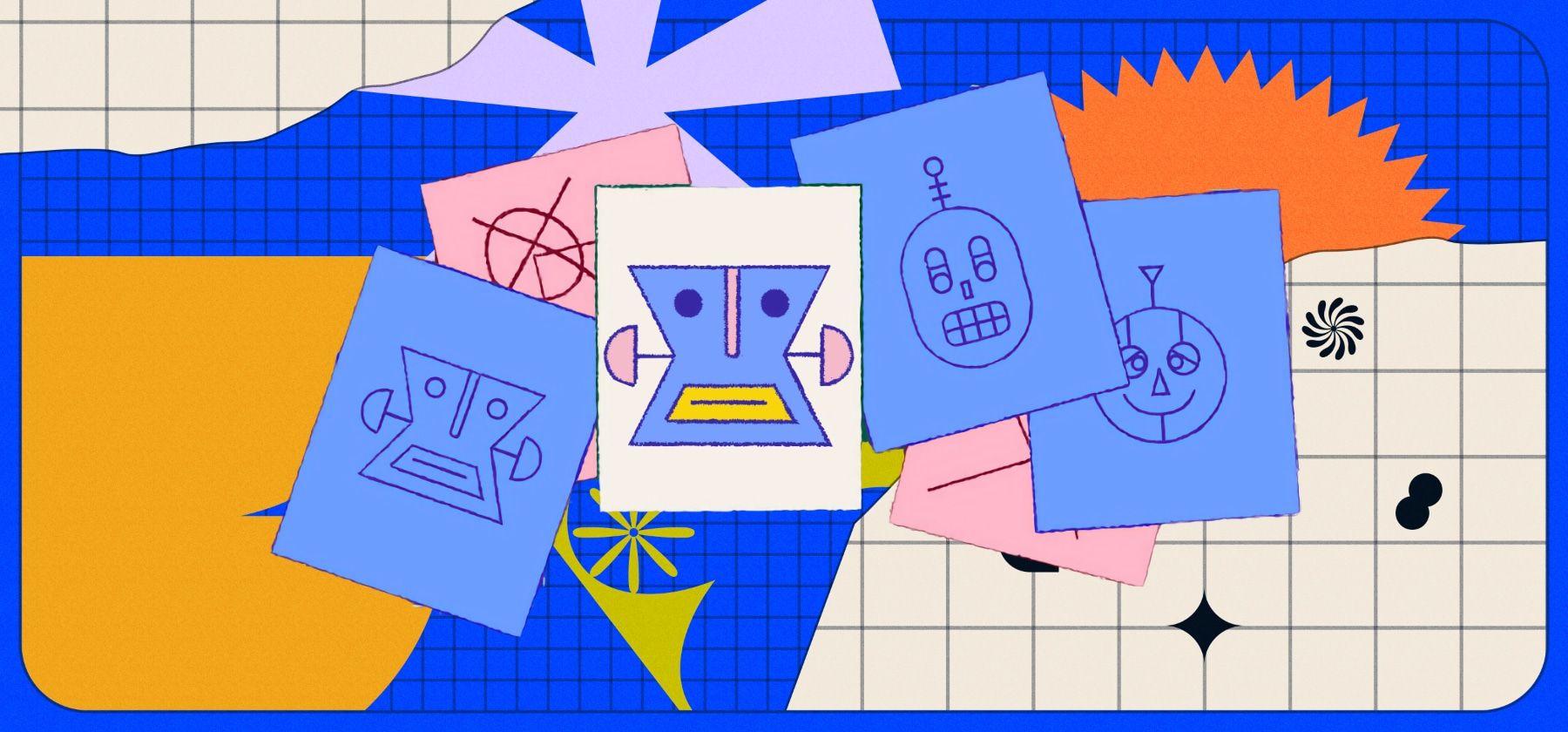
When ChatGPT arrived on the scene last year, it was clear that the customer service landscape was about to be completely transformed. But given that user attitudes towards bots as a whole have varied greatly in the past (they’ve been a bit Marmite-esque, you could say), our Research, Analytics and Data Science (a.k.a. “RAD”) team wanted to understand how people were actually feeling about this new generation of AI bots.
As we were building our AI chatbot, Fin, our RAD team conducted a ton of user research to learn more about attitudes towards LLM-powered bots, and discovered that AI is changing perceptions of chatbots, and that AI bots are exceeding people’s expectations. Obviously, customers’ expectations of these bots will continue to evolve alongside the tech, but it’s interesting to see just how much of an impact they’ve had so far.
How are customer service metrics changing in the age of AI?

AI is fundamentally changing how support is delivered, so it stands to reason that the metrics support teams use to measure the customer experience, team productivity, and the value of support will need to evolve, too. Old metrics won’t set you up for success in a new world, and support teams are quickly adapting their approaches to measurement to ensure they’re keeping a pulse on the numbers that matter most – and getting a true measure of value and success in this new era of AI-driven customer service.
This post highlights the traditional customer service metrics that are evolving as a result of AI, and also explores some new metrics that are emerging. It’s a must-read for any support leader who’s thinking about revamping their reporting to take advantage of the immense opportunity that lies ahead.
Davin O’Dwyer, Senior Managing Editor
AI-powered UI (aka “Return of the Chat”)
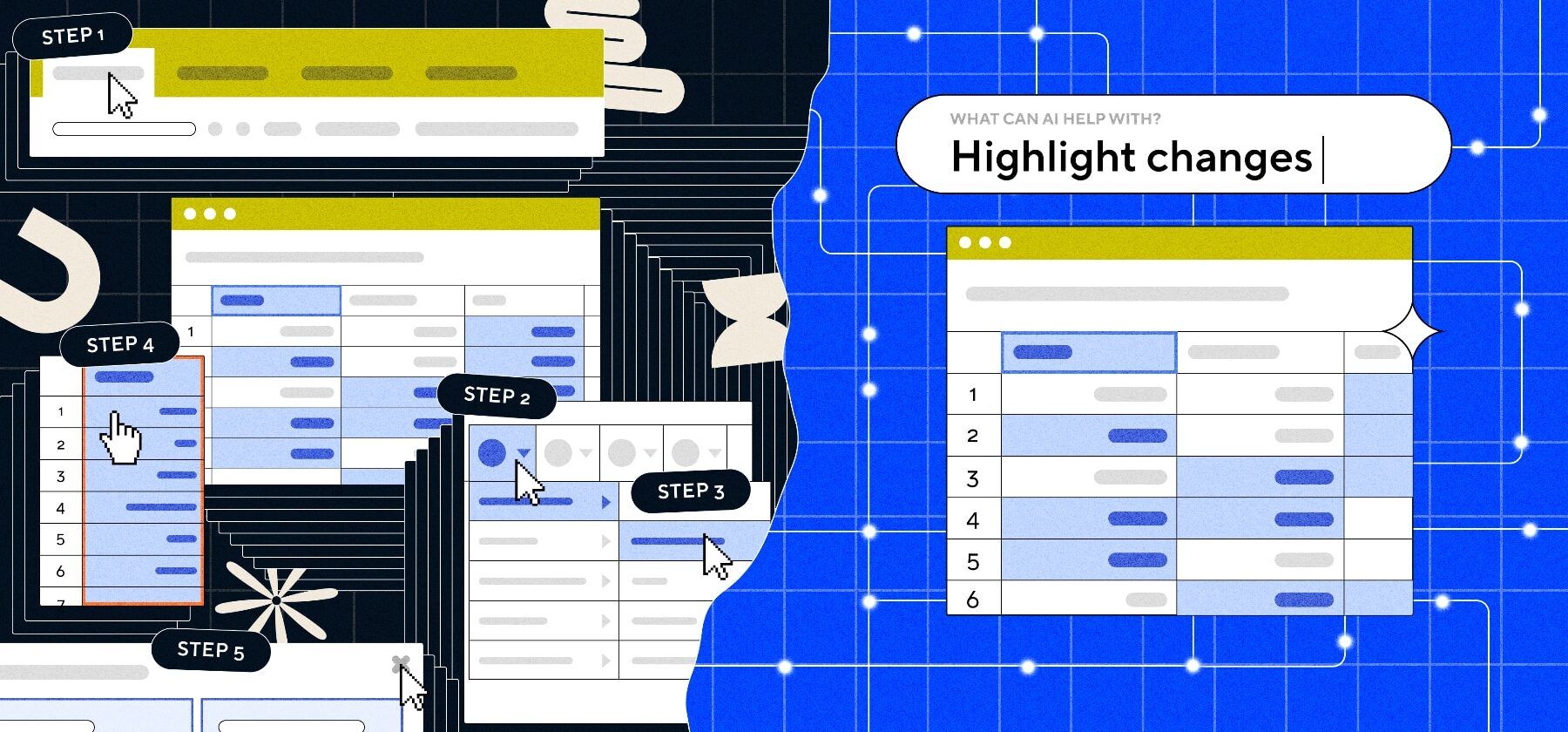
There’s been a lot of digital ink spilled on how generative AI is going to revolutionize industry after industry, but I think few pieces managed to be as detailed and yet imaginative as this great essay by our Co-founder and Chief Strategy Officer, Des Traynor.
It’s a brilliant example of deep product thinking, exploring how technology determines user interfaces which in turn determine user behaviors which in turn shapes entire industries – and how AI will change every one of those layers. As Des sees it, there are countless tools that are so complex they require specialised training to make full use of – for tools such as Google Analytics, Salesforce, or Workday, the complexity of the interface is a barrier to mass usage.
But with an AI-powered ChatUI, that all changes – instead of needing arcane knowledge to manipulate convoluted UIs, a simple chat interface can provide answers and even take actions.
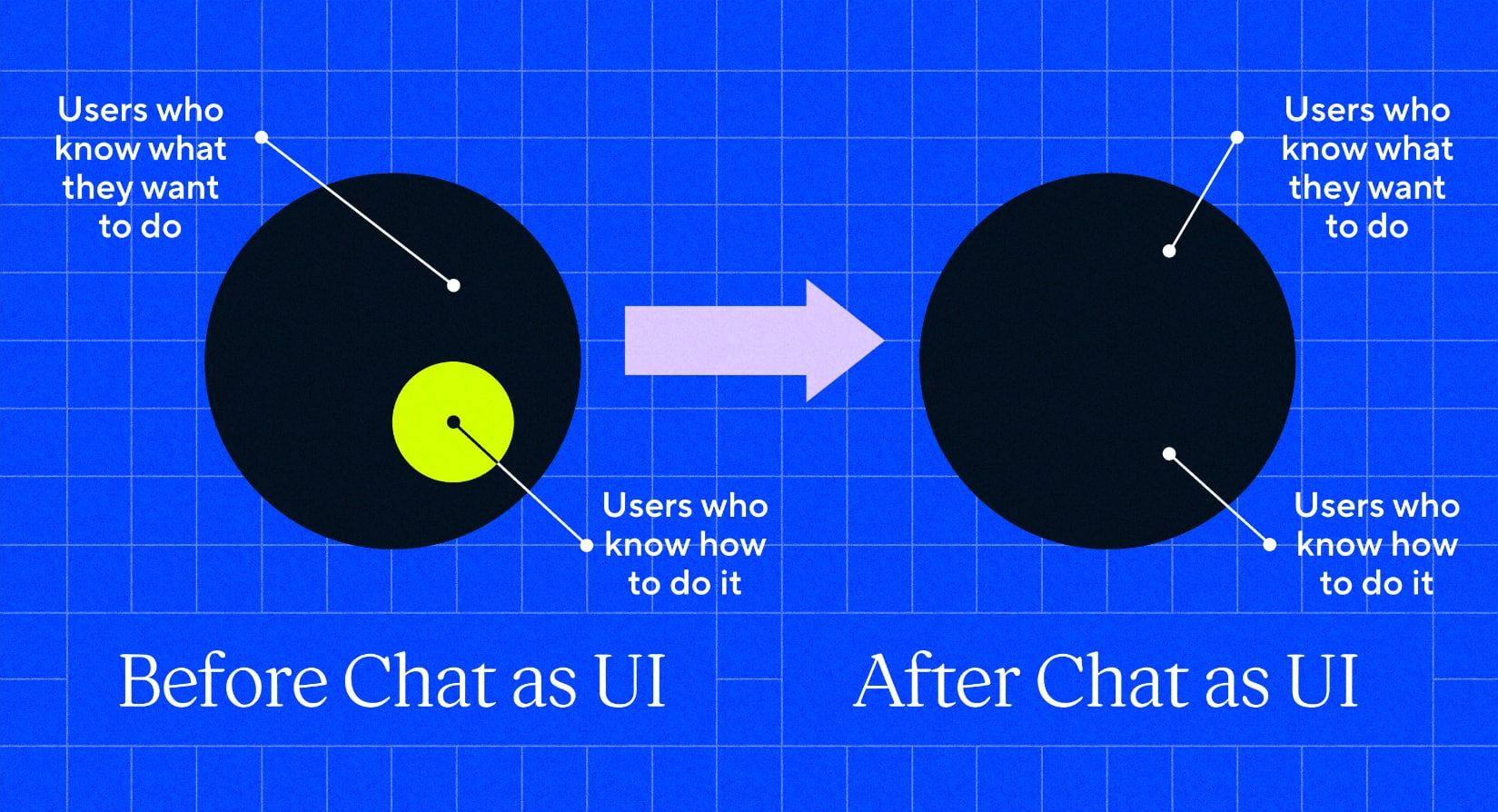
This will usher in a wave of software democratization – suddenly the full power of these complex tools becomes available to every user who knows what they want to achieve.
It’s a persuasive vision of how the AI revolution is going to have lots of far-reaching consequences.
The emergence of superintelligent AI
Understandably, we talked a lot about AI on the podcast this year, and our VP of AI, Fergal Reid led many of those conversations – he always has a fascinating perspective on the latest developments, and he talked in depth about AI’s applications in the customer service and software space.
But he’s just as thought-provoking when discussing the broader impact of AI on society, as in this conversation with Emmet Connolly, our VP of Product Design. They offered a refreshingly candid discussion about the ethical dilemmas of AI, the safety issues that require genuine concern, the need for smart regulation, and the reasons for real optimism.
It’s a conversation that captures a lot of what we aim to publish here on the Intercom blog – thoughtful and positive, as well as valuable and memorable. In this area, you can be sure, the conversation is just beginning.







